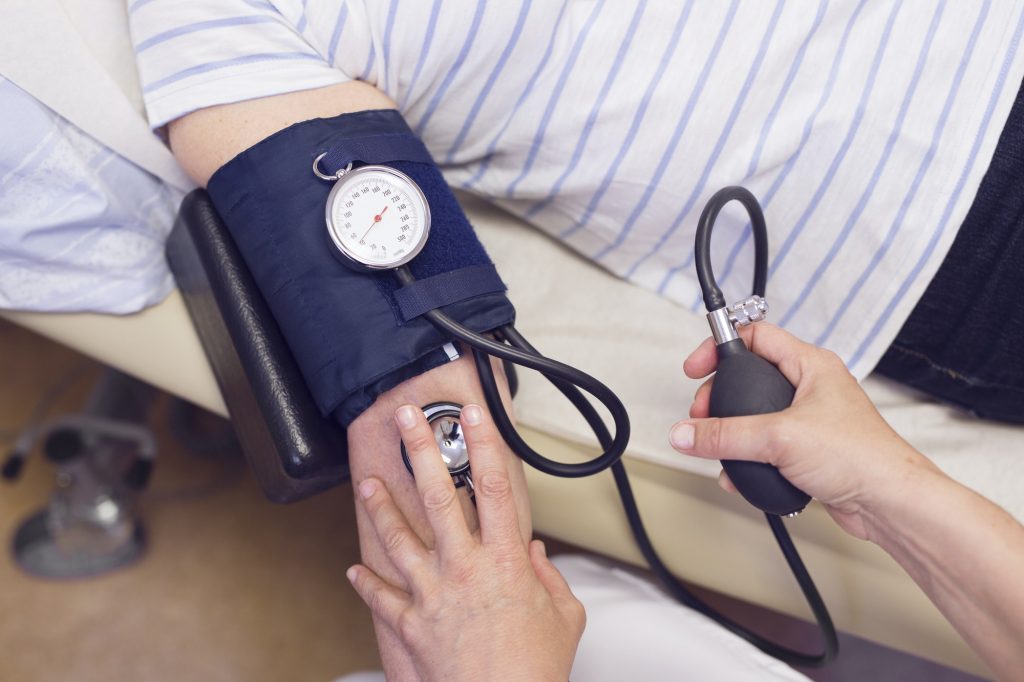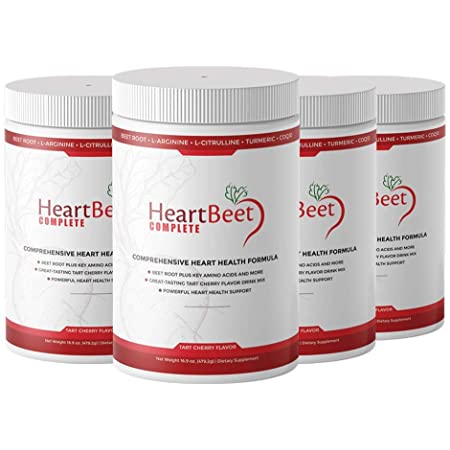Various factors contribute to heart disease – including obesity. Learn about the connection between cardiovascular disease and obesity.
Obesity has been on the rise in the U.S. for years and has lowered people’s quality of life. Moreover, it has led to an increase in serious health issues – specifically heart disease. To illustrate the severity of the problem, one in every four deaths in the U.S. is a result of heart disease. The following article explains three different ways in which obesity contributes to cardiovascular disease.
1. High Cholesterol
While obesity can increase your “bad” cholesterol (LDL) and triglyceride levels, it can also lower “good” cholesterol (HDL). What makes HDL cholesterol good is that it helps remove excess cholesterol and decreases the risk of heart disease.
2. High Blood Pressure

Because obesity requires more blood to supply nutrients and oxygens to the body, it can lead to higher blood pressure. In addition, it requires more pressure to move the blood around, resulting in hypertension, a significant factor in heart disease.
3. Diabetes
Finally, obese people are at a higher risk of developing diabetes, a disease that goes side-by-side with heart disease. In fact, individuals with diabetes are two to four times more likely to develop cardiovascular disease.
How to Reduce Your Risk
The obvious answer to reducing your risk of heart disease is to lose weight – but where do you start? It turns out that the two most important things you can do are to exercise regularly and eat a healthy diet.
However, in certain cases (like having a BMI greater than 35), this may not be enough and you may have to consider bariatric surgery. It is safe and effective at improving cholesterol levels, blood pressure, and diabetes in people dealing with obesity.
Still, you should consult a cardiologist as you consider bariatric surgery since certain individuals may have a higher risk of complications. Talk to your cardiologist to help you monitor your cholesterol levels, blood pressure, and any heart conditions.
Keep in mind that after surgery, you will need to maintain an exercise routine and a healthy diet. By following a proper exercise and diet routine, you will be able to lower your risk of developing heart disease.
Cardiovascular Disease and Obesity

Talk to your doctor about different treatment plans to effectively lose weight and lower your risk of heart disease. In some cases, you may have to undergo surgery, but you will ultimately have to maintain a healthy lifestyle.
Start improving your health by exercising regularly and eating healthy at a pace you can manage and increase from there. Moreover, you can take daily heart supplements like HeartBeet Complete to boost your circulation and blood pressure health.
Try HeartBeet Complete along with a healthy lifestyle to effectively promote your heart health.

